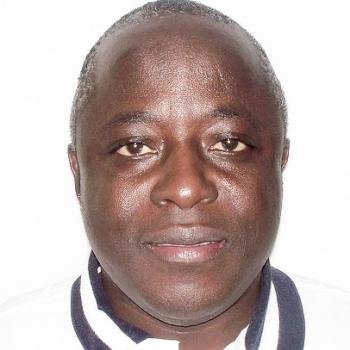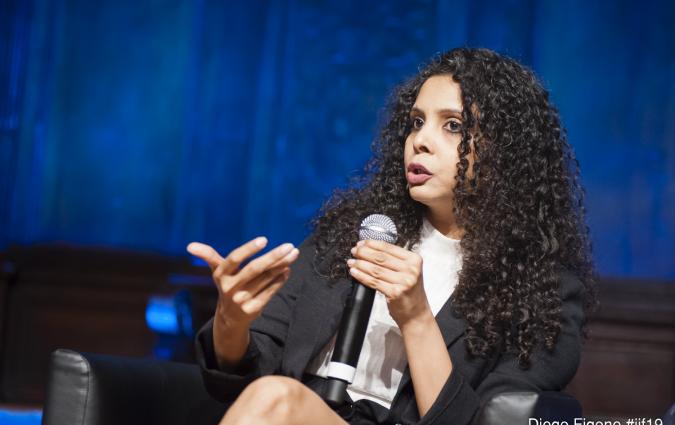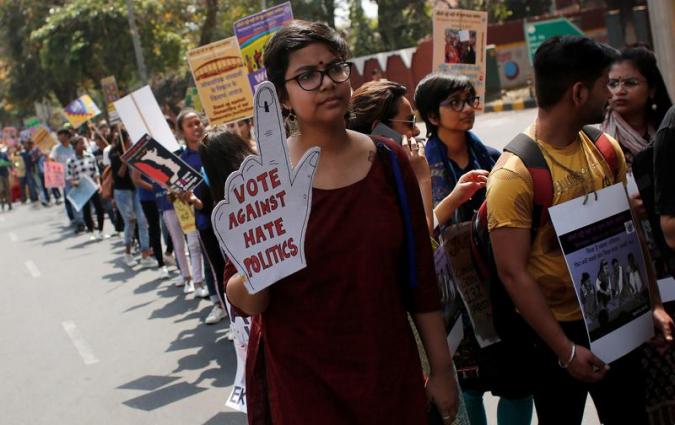Crowd sourced journalism and democratic governance: the case of Cameroon

Reuters Institute Fellow's Paper
Ashu Nyenty is political affairs editor at Cameroon’s public radio and television station (CRTV). He is particularly interested in how social media in Africa can be used by traditional media to enhance their reporting.
In his paper, ‘Crowd sourced journalism and democratic governance: the case of Cameroon’, he explores the general use, and the practice in Cameroon, of what he calls ‘crowd sourcing’.First, he gives an overview of how, due to the accessibility of mobile devices like smart cell phones, ordinary citizens are helping traditional media in the collection of news. This happens by way of photographs, sound bites, video incidents and documented reports sent to traditional media through tweets, emails or SMS. The ‘crowd’ is the source of information in a collaborative setting. Theories that highlight collective intelligence and wisdom of crowds are used to give insight into the strengths of crowd sourcing.
Ashu also examines the potential downsides of crowd sourcing, if it is not used with caution. Then he focuses on how traditional media in Cameroon use crowd sourcing to cover issues that impinge on democratic governance which they would not have been able to report on without collaboration from the ‘crowd’. The methodology consists of in-depth interviews with editors, publishers and senior journalists from traditional media outlets. His research finds that while traditional media in Cameroon use some sort of crowd sourcing to enhance their coverage ability, the practice is still very timid and embryonic.
He concludes that ‘traditional media do not have coherent, well-structured guidelines based on consistency both at the critical stages of news collection and verification’.
As with all Fellows’ research papers, any opinions expressed are those of the author and not of the Institute.






